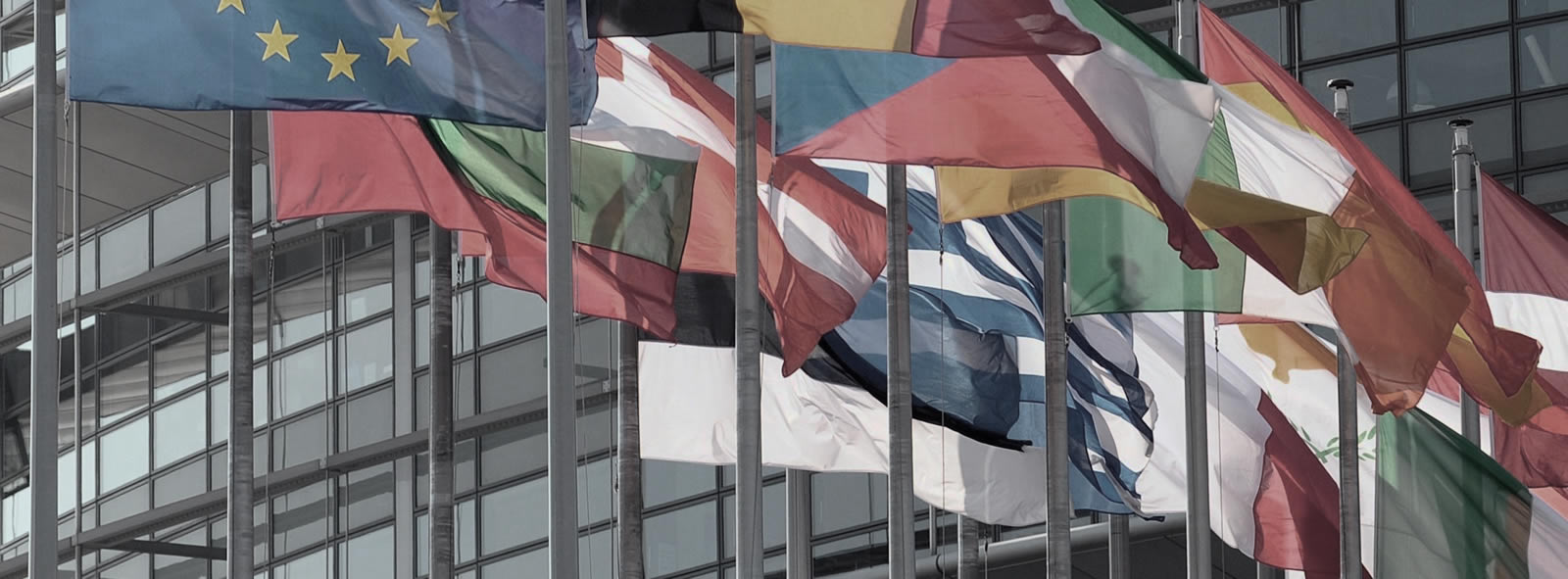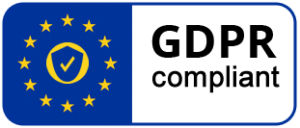02 Feb 2015 Europe Needs To Do More On Cybersecurity Issues
The European Commission has recently unveiled the results of a pan-European public opinion analysis on cybersecurity1, which shows that cybercrime is a growing concern for internet users in the EU. Eurosmart, The Voice of the Smart Security Industry, has for a long time now been expressing the conviction that only digital security creates the trust citizens need to embrace the digital economy and a connected society.
“We were not surprised by the findings of this Eurobarometer survey on cybersecurity”, said Oyvind Rastad, Chairman of Eurosmart. “The vast majority of Europeans consider the risk of becoming a victim of cybercrime real. Citizens focus especially on the misuse of personal data and the security of online payments and their confidence in institutions is rather low, with over two thirds of EU citizens not trusting public authorities to keep their personal online information secure.”
About two in three Internet users in the EU are concerned about experiencing identity theft, or fear of being the victim of bank card or online banking fraud. Rastad commented: “The case of payment is particularly interesting, as we know that the large majority of payment fraud comes from card-not-present transactions. Consumers demand convenient services, but they also expect their security and privacy to be guaranteed, including by EU legislations.”
Given the growing importance of ensuring trustworthy digital transactions, Eurosmart recently issued a paper called “PROVIDING TRUST AND SECURITY IN A HYPERCONNECTED WORLD”, making proposals to better tackle security incidents2.
While the European Commission’s Vice President for the Digital Single Market is preparing a comprehensive digital strategy – to be unveiled in May 2015 – Eurosmart calls on the European Commission to make the fight of cybercrime one of its key goals. “The European Commission has announced that it will make proposals in areas such as ecommerce, data protection, eGovernment and cross-border services. Mr. Ansip recently stated that ‘trust is a must’, and we could not agree more. Let us hope that it is more than a catchphrase, and that it will effectively translate into concrete proposals for regulation.” concluded Rastad.



